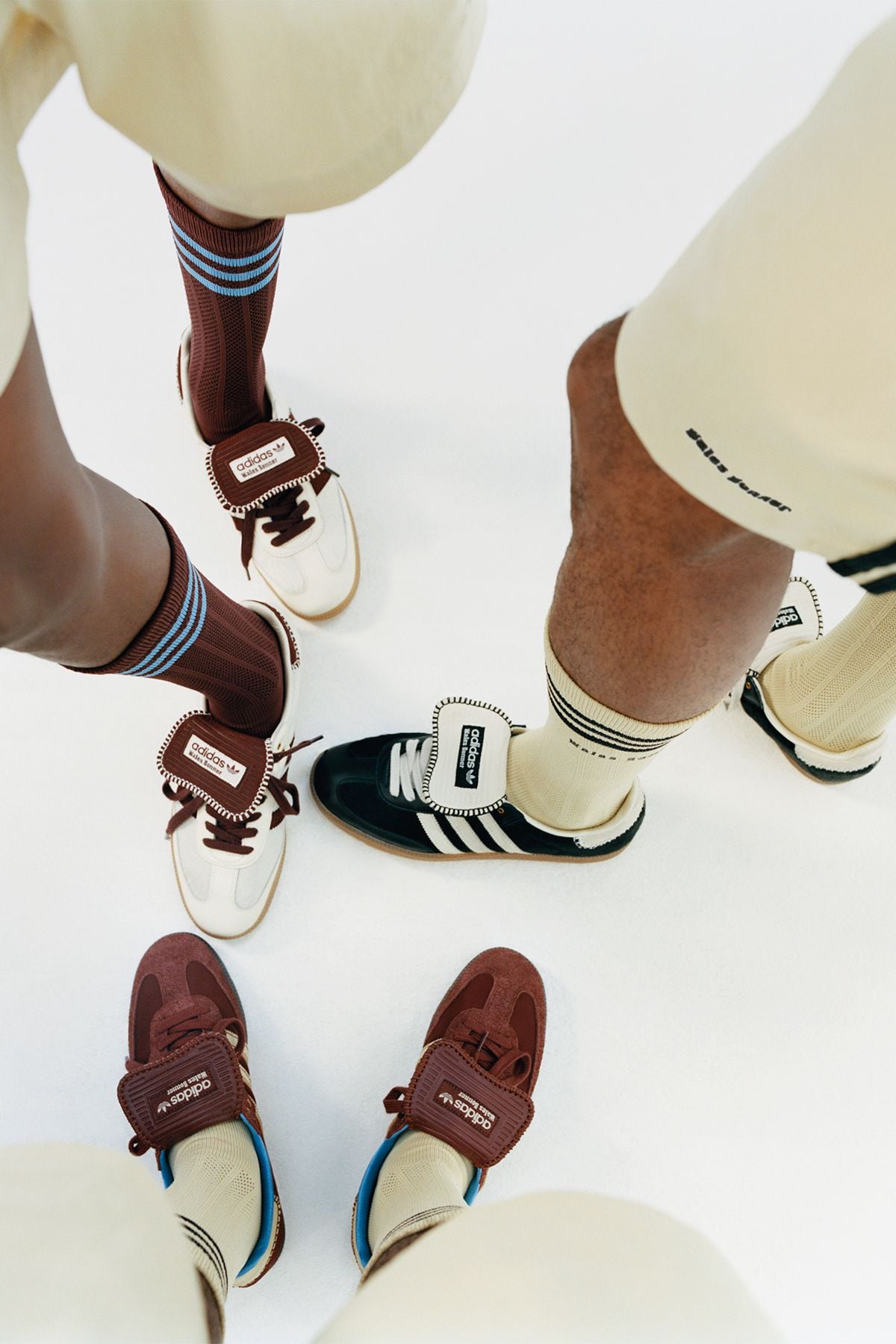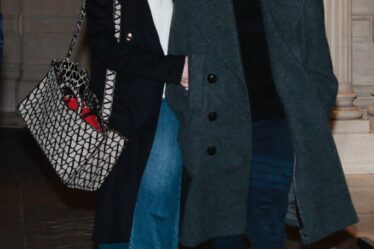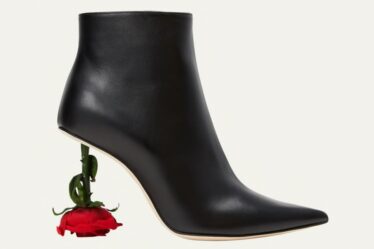
Adidas AG raised its profit target for the year amid strong demand for classic sneakers like the Samba and a boost from sales of its diminishing stockpile of Yeezy footwear.
The German sportswear company now expects to generate operating profit of around €700 million ($743 million), according to a statement. That’s an increase from the previous target of €500 million, but it still trails analysts’ average estimate of €871 million.
Now in his second year at the helm, Chief executive officer Bjorn Gulden is trying to orchestrate another era of fast growth at Adidas and close the gap with industry leader Nike, which has stumbled in recent quarters with a sales slowdown and inventory missteps. Adidas has also struggled, posting a decline in net sales in 2023. That followed years of crisis under Gulden’s predecessor, culminating in the cancelation of the company’s partnership with the rapper and designer Ye.
Adidas’ depository receipts gained 3 percent in US trading after the surprise announcement, which published after the close of normal trading in Frankfurt. Nike shares also rose, reversing an earlier decline.
Gulden has pledged to return Adidas to growth this year, with momentum expected to accelerate in the second half as the company trims inventories of apparel in the US and Yeezy footwear. The Norwegian CEO seeks steady expansion in both sales and profit in the next few years following the collapse that Adidas experienced during the pandemic era, when demand dried up in China. Adidas also became dangerously reliant on the partnership with Ye, which created a crisis after the celebrity made a series of offensive statements.
Since taking over in January 2023, Gulden has pushed to speed up decision-making at Adidas and embrace a wider array of sports, instead of focusing primarily on big-money athletic events. Gulden claims that investing more into lower-profile sports like weightlifting and wrestling helps build credibility and energy at the brand. He says it hearkens back to the ethos of Adi Dassler, who founded Adidas about 75 years ago.
Even so, the company’s momentum now is heavily tied to casual footwear, with the boom in classic models such as the Samba and Gazelle. There’s also continued demand for the controversial Yeezy footwear. The latest Yeezy drop generated revenues of around €150 million and an operating profit of around €50 million in the first quarter, Adidas said.
Gulden, who has a reputation for offering conservative guidances early in the year, is still assuming that the company will generate no additional profit from perhaps €200 million more in Yeezy sales this year. Adidas also expects unfavourable currency effects to weigh on profits. It intends to finish selling off its Yeezy inventory in 2024.
Adidas reported €5.5 billion in first-quarter revenue, higher than the €5.3 billion estimated by analysts.
The company is becoming an industry darling under Gulden, with shares up about 25 percent in the past year while Nike’s have fallen 26 percent. The American rival has been dogged by cooling demand for chunky basketball sneakers and criticism that it’s moving too slowly in churning out new products. In December, Nike CEO John Donahoe laid out a plan to cut as much as $2 billion in costs over the next three years, including layoffs that will slash 2 percent of the company’s workforce.
Meanwhile, Adidas is drawing praise for its hot-selling gum and rubber-soled terrace style sneakers, including the Samba, Morgan Stanley analysts said in a note yesterday. Morgan Stanley upgraded its recommendation on Adidas to overweight from underweight, and lifted its price target to €235 from €175.
By Tim Loh
Learn more:
How Adidas Sambas Took Over the World
The humble trainer, once the reserve of football fans, Britpop kids and the odd skateboarder, has become as ubiquitous as battered Converse All Stars in the 00s indie sleaze years.



